For sale: a decommissioned military nuclear bunker
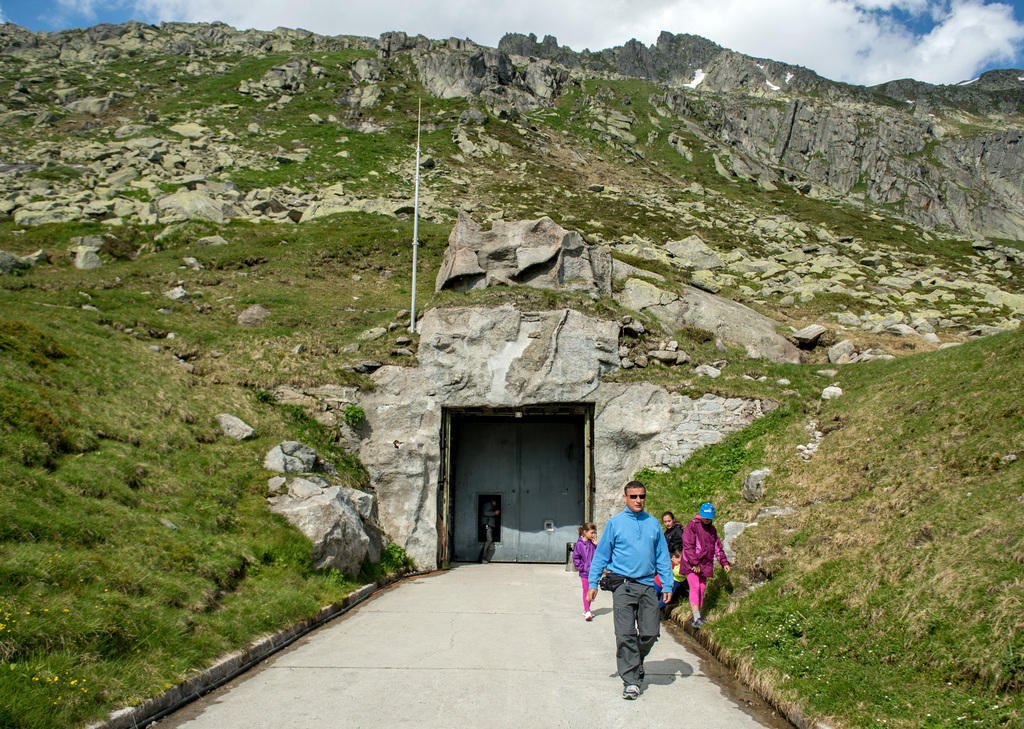
For sale: desirable mid-20th century mountain residence, central Switzerland (underground). All mod cons, including electromagnetic pulse protection, dark fibre network connection and air filtration system. Sleeps 1,500.
The London surveyors Griffiths Eccles recently got in touch about their latest big-ticket instruction: a decommissioned military nuclear bunker in the Swiss mountains, suited for “hyper-secure” storage, a data centre, disaster recovery, research or a “personal bunker” – subject, of course, to planning permission.
The range of potential uses speaks to the paranoia of the moment and indeed, Griffiths Eccles says it is currently sifting through a large stack of expressions of interest. Your casual nuclear bunker enthusiast need not apply: potential purchasers must demonstrate the capacity to spend £25m (CHF31 million) before they can receive any further information, including any details of the bunker’s location.

The 15,000 square metre (161,000 square foot) military facility, deep inside a granite mountain, is being sold by a syndicate of investors who quietly acquired it from the Swiss government about a decade ago.
While demand is strong, setting a price point is a challenge. For once, the agents are not exaggerating when they call this a “unique opportunity”: there have been few comparable transactions to set a benchmark.
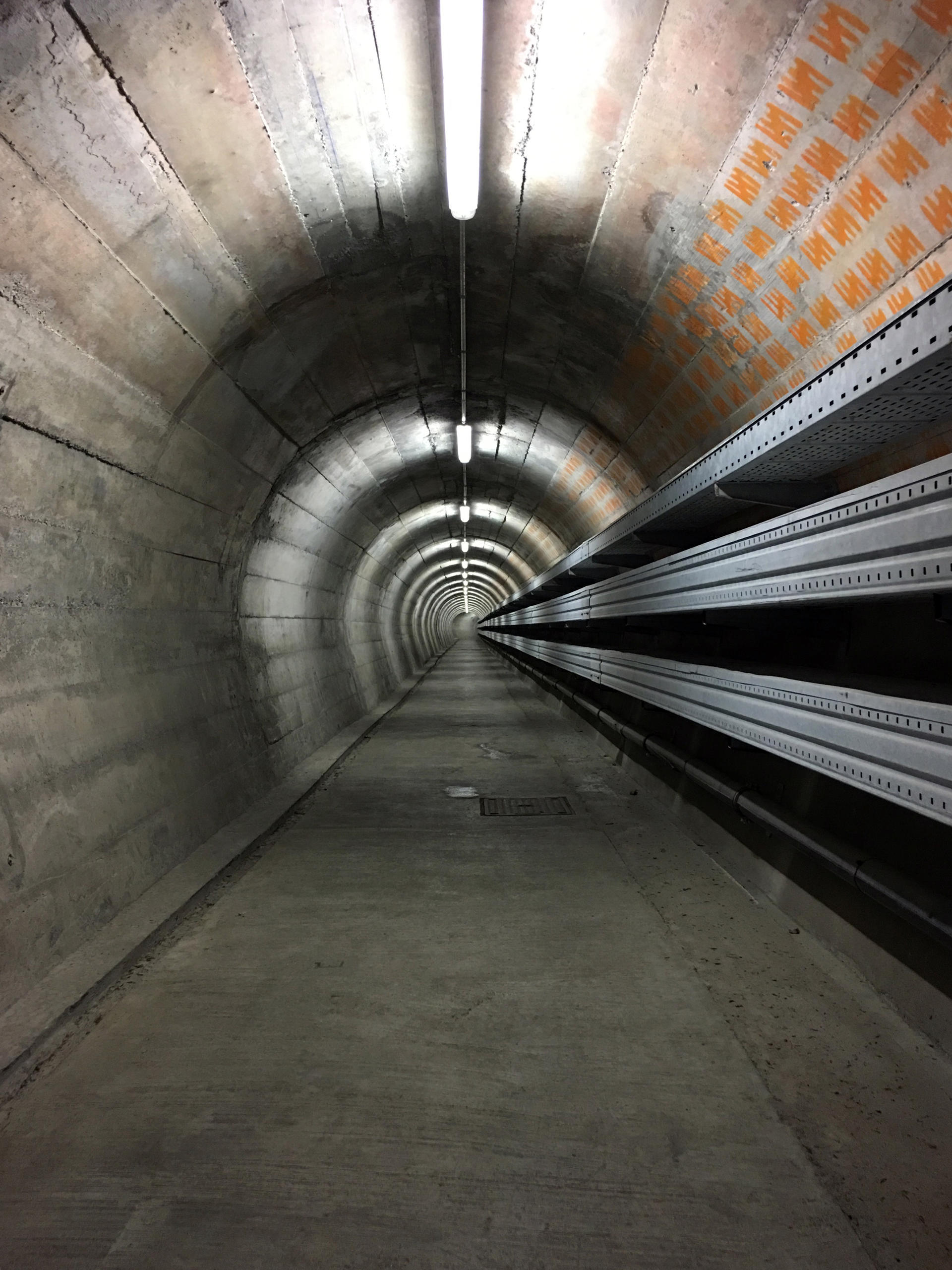
More
The forgotten underground world of Swiss bunkers
Smaller nuclear shelters pop up on the market relatively frequently. One, in the British town of Doncaster and decidedly in need of modernisation, is currently being marketed for £35,000. Similar shelters dot Switzerland, where cold war laws of the 1960s and 1970s mandated the construction of enough bunkers, public and private, to cater for the entire population. The famously neutral country also has a network of second world war military hideouts in the mountains, many of them now converted to new purposes from hotels to a cheese factory.
The bunker on the market is no backyard dugout with a few tins of beans. Among the features it offers are vehicular tunnels, reservoirs and “limitless” digital bandwidth. The two main groups of potential buyers, says Matt Joyce, a partner at Griffiths Eccles, are data centre operators and the super-rich, the latter in search of a European “insurance policy”.
Doomsday scenarios among the ultra-wealthy include not just a nuclear conflict, but also a situation in which artificial intelligence “present[s] a threat to the very basis of human civilisation” – a concern that was the subject of a conference among high-level computer scientists in the Arizona desert in February.
The burgeoning bunker market is not universally popular, according to Evan Osnos, the reporter whose blockbuster New Yorker article revealed the extent of doomsday “prepping” among Silicon Valley billionaires and hedge fund managers. Some tycoons, he reported, like to burst the bubble by suggesting their fellow magnates instead take some action to improve society in the here and now.
In the end, the Swiss bunker may sell for more prosaic purposes. Data centre security is a growing business; global cyber security spending was set to top $82bn last year, according to Gartner Inc, while security contractors specialising in the physical protection of buildings say that data centres are major customers.
A successful sale of this bunker may inspire other owners to sell up, with more facilities catering for 20th-century fears being adapted to the 21st. The development of a market in military-grade nuclear bunkers would be good news for owners of cold war relics; less good news, perhaps, as a broader indicator of the times we live in.
@JudithREvans
Copyright The Financial Times Limited 2017

In compliance with the JTI standards
More: SWI swissinfo.ch certified by the Journalism Trust Initiative
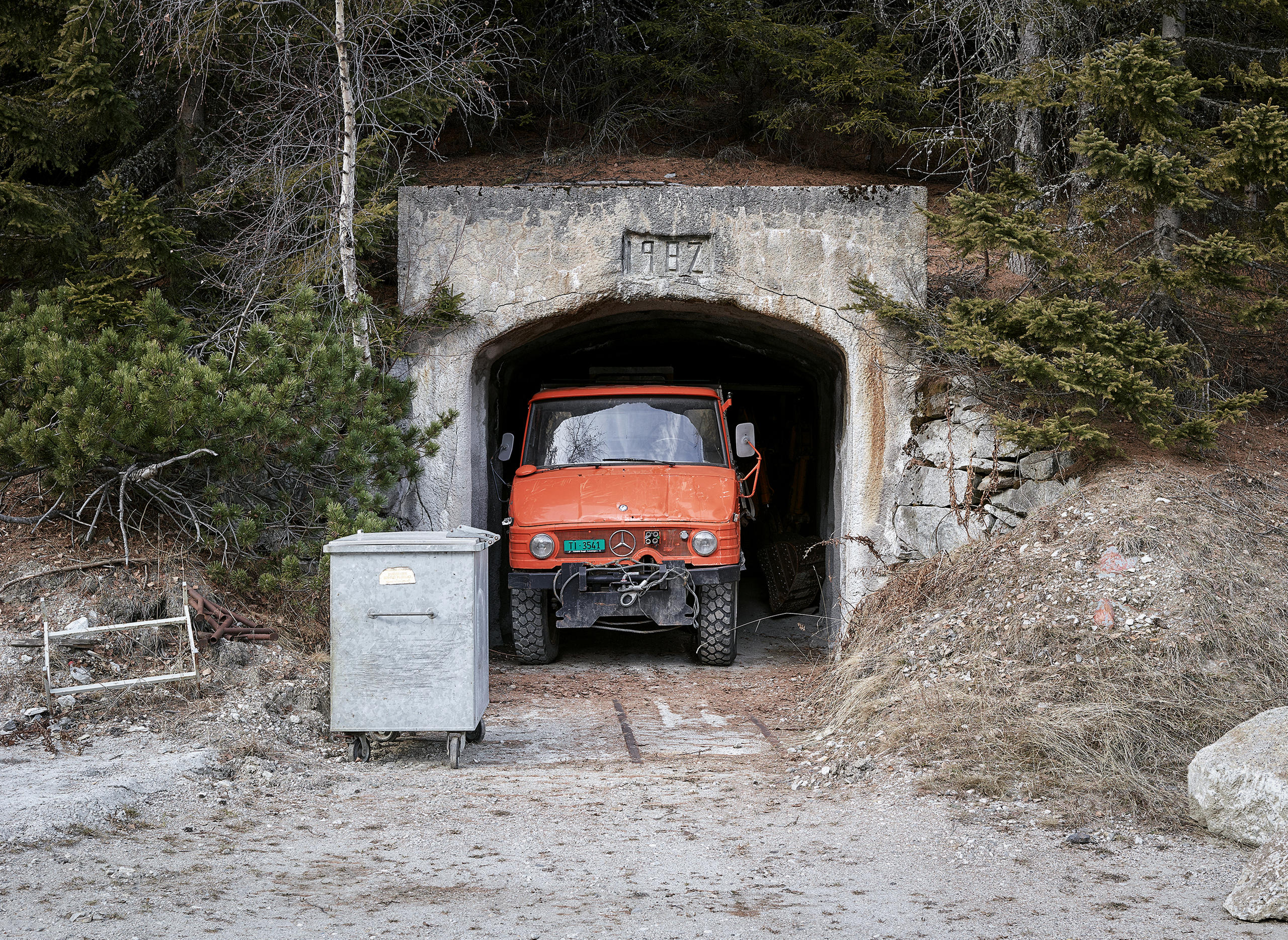
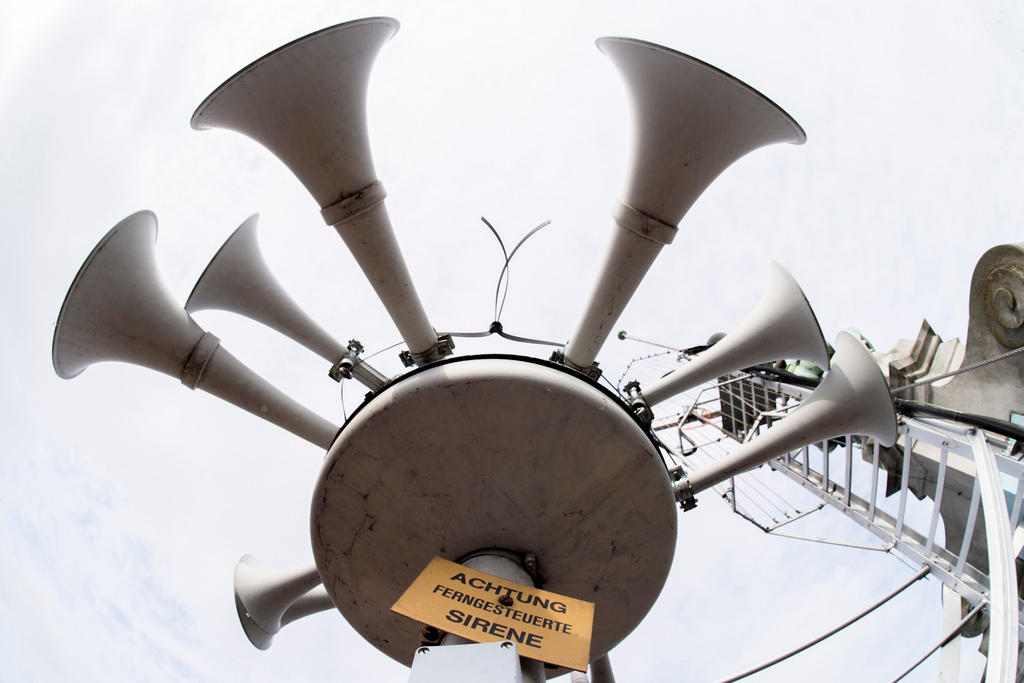
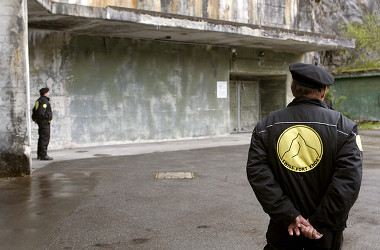
You can find an overview of ongoing debates with our journalists here. Please join us!
If you want to start a conversation about a topic raised in this article or want to report factual errors, email us at english@swissinfo.ch.